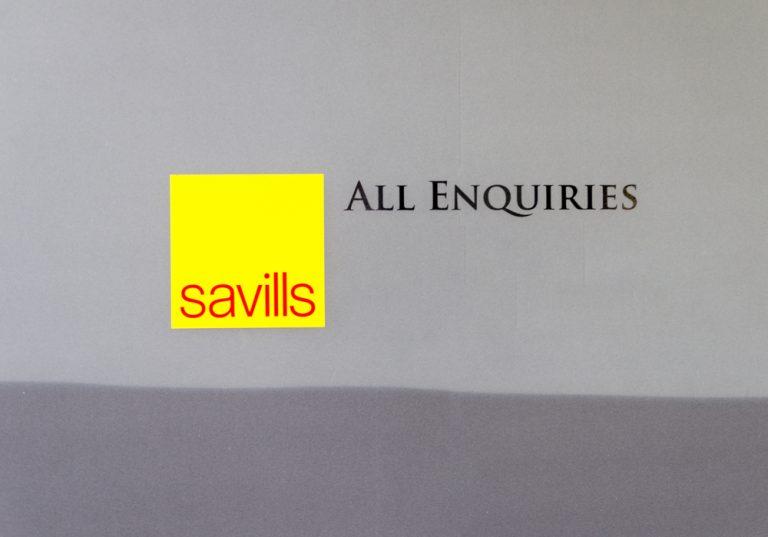Micro Focus shares (LON:MCRO) plunged on Monday morning, after the tech giant warned of a sharp fall in revenues for the year.
The
UK-based company warned revenue for the year ending October 31 is set to decline between 6 per cent and 9 per cent, down from its previous forecasts of a 2-4 per cent fall.
The lacklustre performance was attributed to its acquisition of Hewlett Packard Enterprise’s software business for £6.8 billion, which it bought back in September 2016.
Problems with integration impacted profitability, alongside issues with implementing newer IT software.
Back in January, Micro Focus reported a 2.9 per cent fall in revenue to $664.7 million, with earnings falling by 4.1 per cent, not including acquisition sales.
On the back of the disappointing outlook, the company also announced the departure of chief executive Chris Hsu, having only taken up the role in September.
According to the statement, Mr Hsu has left his post to spend more time with his family and to pursue another opportunity. He is set to be replaced by chief operating officer, Stephen Murdoch.
“We remain confident in Micro Focus’ strategy whilst recognising that operational issues have led to a disappointing short term performance and outlook,” Executive Chairman Kevin Loosemore commented.
“We believe that Micro Focus is well positioned to help our customers with the increasing pace of change across their Hybrid IT environments and to deliver customer centred innovation.” He continued.
The firm said cost-cutting initiatives would nonetheless mitigate losses.
Micro Focus is a multi-national software and information technology company, which was founded back in 1976.
Since its creation it has gone on to forge a name for itself as the U.K’s largest tech firm. It is headquartered in Berkshire in the U.K and has been listed on the London Stock Exchange as of 2005.
Shares in Micro Focus are currently trading -55.50 percent as of 11.00 AM (GMT).










